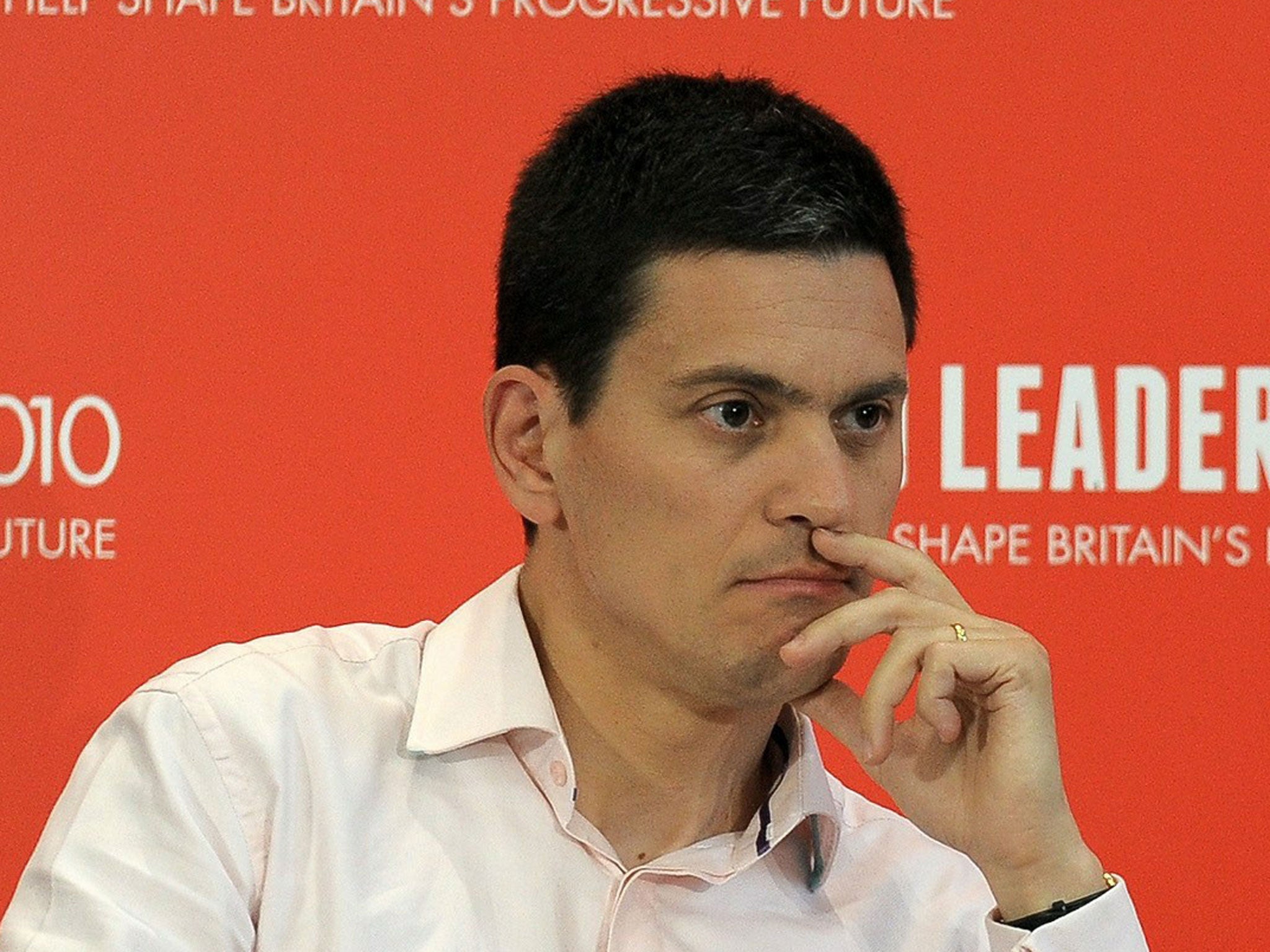Nothing that Ed Miliband says on union influence on Labour will be enough to silence his many critics - on both sides
Sometimes leaders are trapped without an obvious escape route, as Miliband is now


Ed Miliband is experiencing intense political heat for the first time since he became leader. His confrontation with Len McCluskey, and what the clash has come to represent, is extremely dangerous for him, not least because the reforms he will announce today are unlikely to change the dynamic of this saga at least in the short term.
The dangers take many forms and two of the biggest are ones Miliband can do nothing about, an impotence that partly explains his fragility. The first danger is the context in which he delivers today’s hurriedly written speech. Miliband’s election as leader had two contradictory consequences. He managed to establish a public unity at the top of the party that was remarkable given the trauma of its defeat at the general election. And yet beneath the disciplined surface Miliband’s election reinforced – and to some extent fuelled – the warfare between so called Blairites and Brownites, not least because he defeated his brother.
The manner of his victory was an added source of resentment. The younger brother famously won because of union support. Some time after the contest David Miliband hinted to me that he had intended to break the link with the unions if he had won. I doubt if he would have done so, but the intent was there and is part of the subdued, but agonised debate about Labour’s future.
Some senior Labour figures regard this as a moment when the younger brother should be the one that makes a very bold move, bolder than his proposals in today’s speech. Others believe he has already gone too far in his shouting match with McCluskey. So far Miliband has led a divided party that has been disciplined enough to appear united. If this emblematic battle blows away the façade of unity Labour will lose the next election. Divided parties never win.
Yet the media narrative propels him towards a confrontation that is partly without obvious resolution, the second big danger that Miliband can do nothing about. The clash with the Unite leadership is framed as a test of strength, a chance for a leader perceived to be weak to appear strong. This narrative has within it around ten thousand traps.
Above all it is a myth that a leader seen to be taking on his party automatically becomes more popular. Once again the context matters. When Blair brilliantly seized the space to scrap Clause Four, his party had been out of power for more than fifteen years and ached for victory. His timing was perfect for a symbolic internal battle. In contrast Miliband faces a practical battle soon after Labour was ousted from power. He has much less space to make his mark.
There is a closer parallel with Neil Kinnock who faced many titanic internal challenges. Sometimes Kinnock’s leadership was enhanced when he took on parts of his party. But Kinnock also noted after his second election defeat in 1992 that voters had witnessed so many battles they had concluded the party was still disastrously split. For Miliband the challenge is more daunting because the nature of the ‘strength’ he must show is mischievously ill defined.
In the specific case of the selection process in Falkirk he has already called the police in and has lost Tom Watson from the shadow cabinet, another figure caught in the ongoing subterranean warfare between Blairites and Brownites. If Miliband were to announce the execution of Len McCluskey, carry out the shooting himself, most of his internal and external opponents would conclude that this was nowhere near enough. Miliband has to prove his strength when the test is not clear.
These are two dangers he can do little about. Nonetheless there is also a big issue of substance here and one that Miliband has been too complacent about. The depth of the relationship between senior Labour figures and the unions is largely hidden. The level of funding is transparent, but not the wider influence. At a national level ambitious Labour politicians calculate at all times how their actions and words will go down with union leaders who could help them to acquire the crown. Locally, those seeking nomination as candidates are often doomed without union support. When aspiring candidates express interest in contesting a seat they are often asked first whether or not they know the Unite or GMB regional officer, a pivotal relationship. And at moments of high drama the union leaders play a big role in the background. In Andrew Adonis’ recent account on the immediate aftermath of the general election Gordon Brown is quoted as saying he had got clearance from the unions to negotiate with the Liberal Democrats.
Yet during a general election campaign and for large periods between elections the union leaders are hidden away. Miliband has challenged with genuine conviction the vested interests in banking and the media, calling for more transparency. He should forget about the dangers of context and narrative in this current saga, over which he can do very little. As a matter of principle he must ask how a modern political party should conduct its affairs and challenge the alienating hidden power play between a few very big unions and his party, one that excludes many potential supporters. But the dangers for him will remain after today’s speech, either of provoking distracting internal division or of going nowhere near far enough to show that he is “strong”.
Sometimes leaders are trapped without an obvious escape route. For now at least Miliband is trapped.

Join our commenting forum
Join thought-provoking conversations, follow other Independent readers and see their replies